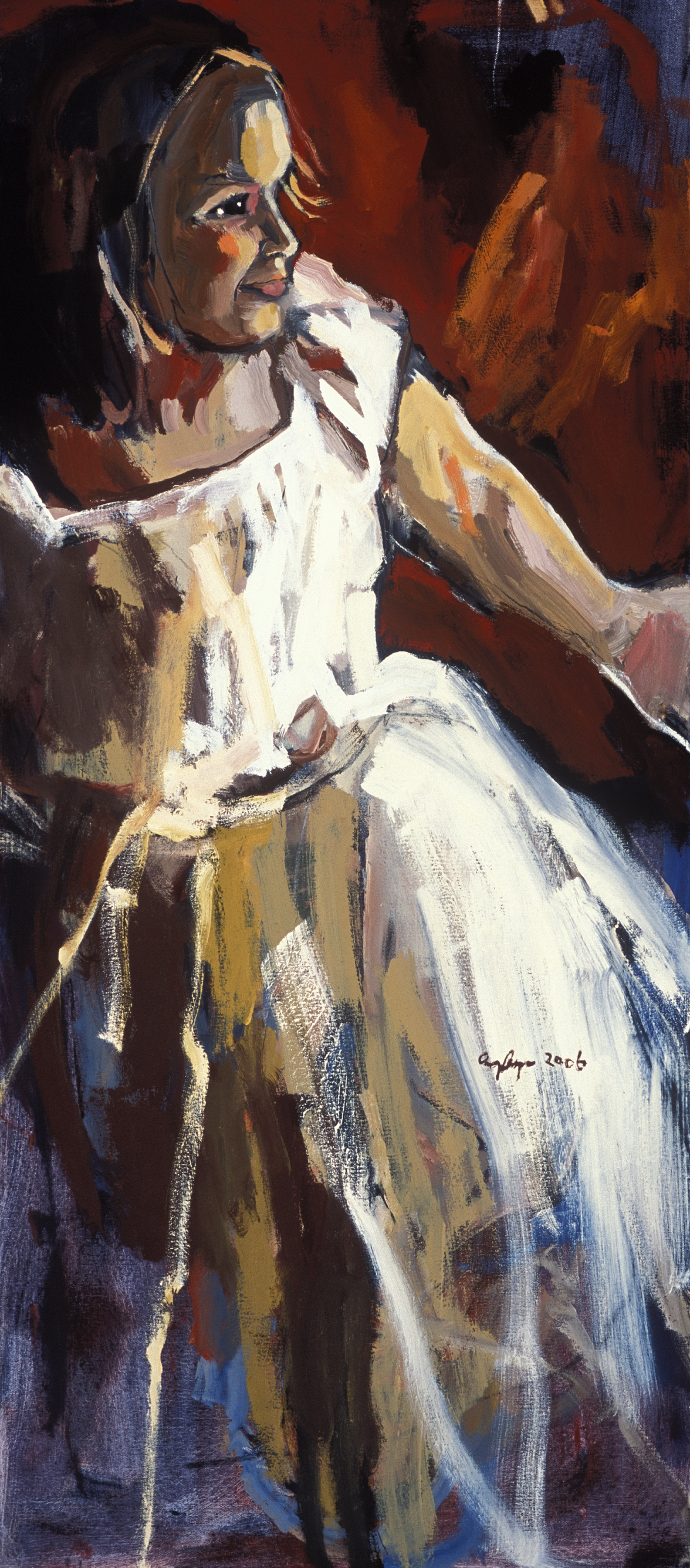


The Narrows
The Narrows
The Narrows
Every moment in life has a shape. In the ideal, it is like an hourglass, at its ends open to all that has been and all that will be, yet in this moment narrowed, to this one soul, life, and moment, this one opportunity.
What passes through the narrows, through the filter of our soul, is not time, but civilisation itself. Time flows on regardless, all around us, but civilisation can proceed only through us. While much flows through passively, in cultural traditions of which we are barely aware, there would be no civilisation without conscious, repeated decisions, made by communities and their members in every generation, to enhance their capacity to receive, translate, and transmit what is purest and most noble in our tradition.
What shape will we give to our lives, by the choices we make at the narrows? If we wish, we could try to smash the ideal hourglass, severing past from future, to make the world anew, in the image of our poor fragmented selves. But if not that, then how open to the past and to the future shall our moments be? And what would it mean to be open?
I've been thinking a lot about Shakespeare of late. What shape would his moments have had? Like the ideal hourglass, I think. Wide open to the past, as he reached out to encompass all he could grasp of his civilisation, fuel to feed the creative, refining fire of productivity at the narrows. And absolutely open to the future, as he reached out respectfully to the broadest possible audience, with work of such substance as to be able to touch the soul of every human being into the future, to draw them into a conversational dance. And all this without any retreat to a monastery, his narrows being the intensely competitive, commercial, English Renaissance theatre, of necessity focused on the here and now of the bottom line.
I’ve started this blog because I think my moments look rather like a funnel, than an hourglass — open to the past, as I have tried to explore at least a few of the civilisational streams that shape us, but in need of greater engagement with the present, and thereby the future. I would rather that each moment looked more like Shakespeare's, making allowance of course for the difference in ability. We'll see what form this will take and where it will lead. For me, at this moment, it’s the right process. The right kind of dance. And I would be delighted if others cared to join in.
May we not be intentional, cautiously creative, playful partners in our civilisation’s conversational dance, among generations past, present, and future?
I’d love to hear from you…



